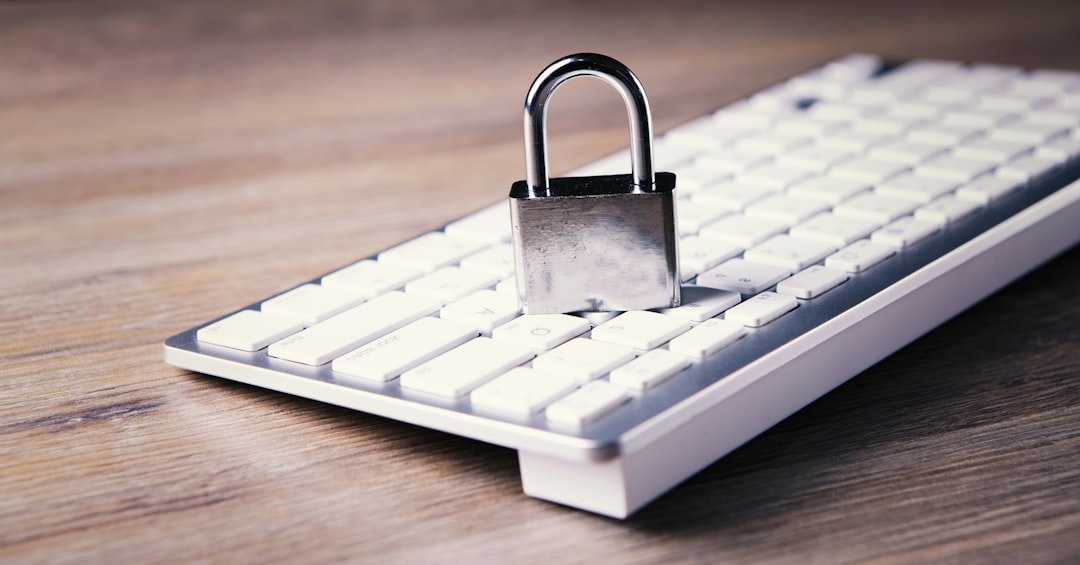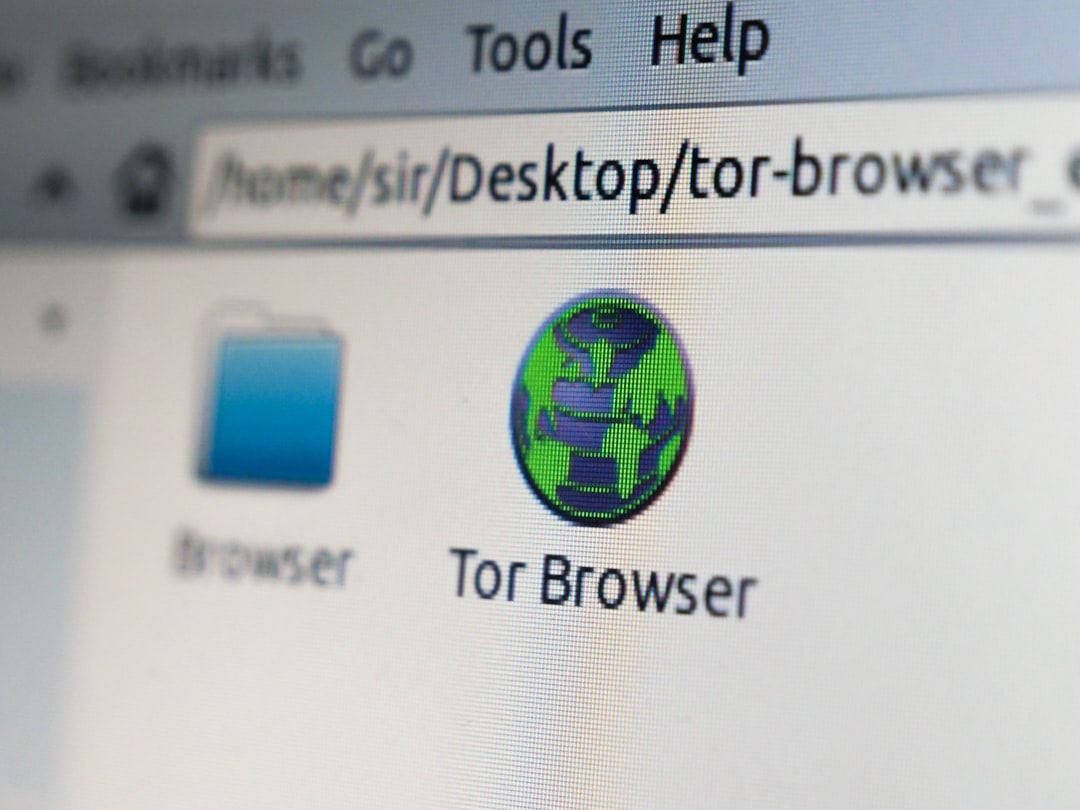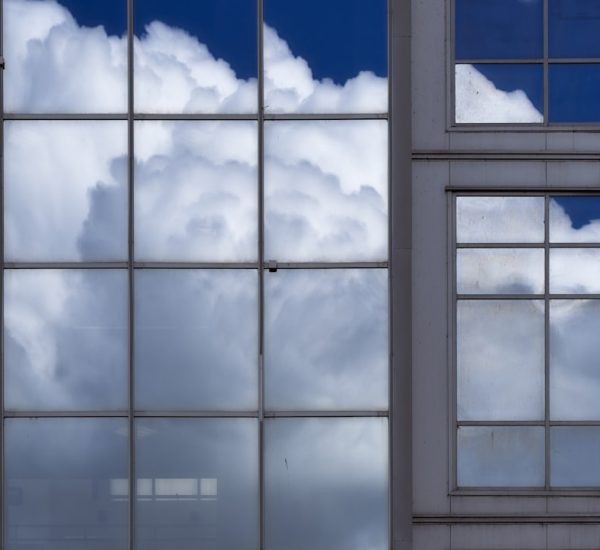If you’ve ever wondered how to browse the internet more privately or access websites restricted to certain geographic areas, you’ve probably come across the term VPN. But what exactly is a VPN, and how does it work—especially in the United States?
A VPN (Virtual Private Network) is a technology that creates a secure, encrypted connection between your device and the internet. Originally developed for secure business communication, VPNs are now widely used by everyday internet users for privacy, security, and accessibility.
How a VPN Works
When you connect to the internet through a VPN, the VPN service routes your traffic through its own servers before going out onto the public web. This process essentially masks your IP address, making it appear as though you’re browsing from the VPN server’s location rather than your own.
Here’s a simplified step-by-step of what happens when you use a VPN:
- You launch a VPN app on your device.
- The VPN app connects to a VPN server (you can usually choose the server’s location).
- The data traffic from your device is encrypted and sent through a secure “tunnel” to the VPN server.
- The VPN server decrypts the data and sends it to the internet as if it originated from the server itself.
- Websites and online services see the VPN server’s IP address, not yours.
This entire process happens within seconds and is designed to ensure user anonymity and data protection.

Why Use a VPN in the USA?
In the United States, while the web is largely unrestricted, there are still several reasons why using a VPN can be beneficial:
1. Privacy Protection
Your internet service provider (ISP) can track your online activities and even sell the data to advertisers. A VPN encrypts your connection, preventing your ISP from seeing which websites you visit or the content you view.
2. Access to Geo-Restricted Content
Streaming services like Netflix, Hulu, and BBC iPlayer offer different libraries depending on your location. With a VPN, you can switch your virtual location and unlock content available in other countries.
3. Safety on Public Wi-Fi
Public Wi-Fi hotspots, such as those in cafes or airports, are often unsecured and susceptible to hackers. A VPN encrypts your data, protecting your sensitive information like banking details and login credentials.
4. Shielding From Government Surveillance
Although the U.S. is a free country in terms of internet use, there have been instances of government surveillance programs. A VPN adds an extra layer of confidentiality, especially for those concerned about surveillance.
VPN Legality and Regulation in the U.S.
Using a VPN is completely legal in the United States. However, what remains illegal are the activities conducted through a VPN that would already be considered illegal otherwise—such as downloading copyrighted material without permission or engaging in cybercrime.
It’s also worth noting that some websites and services may restrict or block VPN users to enforce regional licensing agreements or combat fraud. Nevertheless, many premium VPN services find ways to work around these restrictions successfully.

Choosing the Right VPN
Not all VPNs are created equal. Some offer better speeds, stronger encryption, and more server locations than others. Here are a few things to consider when choosing a VPN in the U.S.:
- Privacy Policy: Choose VPNs with a strict no-logs policy.
- Server Distribution: Ensure the VPN has servers in the countries you want to access.
- Speed: Look for services known for high-speed connections.
- Security Features: Strong encryption, kill-switch options, and leak protection.
- Customer Support: Responsive and knowledgeable technical assistance is a plus.
Conclusion
Whether you’re concerned about online privacy, wish to access global content, or want to keep your data safe on public networks, a VPN is a valuable tool in today’s digital world. In a country like the USA, where digital freedom and information flow are largely unrestricted, VPNs serve more as shields against data exposure and as a gateway to global content.
With numerous providers and features, there’s likely a VPN out there that suits your needs—offering a more secure and more open internet experience.


